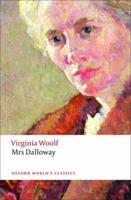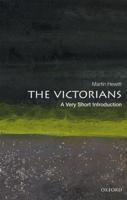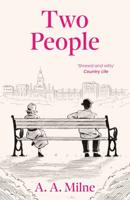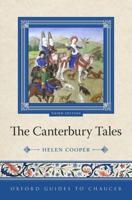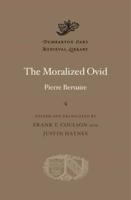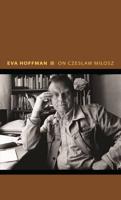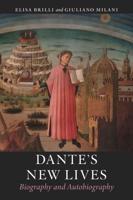Publisher's Synopsis
Beckett's later dramatic works defy generic classification as pure theatre, poetry, or prose. Instead, Brater argues, they forge a new aesthetic for themselves. Analysing Beckett's use of disjointed body imagery; mask; abstract monologue; and the experimentation in film and video in the 1980s, Brater demonstrates Beckett's truly avant-garde departure from our concepts of the `theatrical'.


